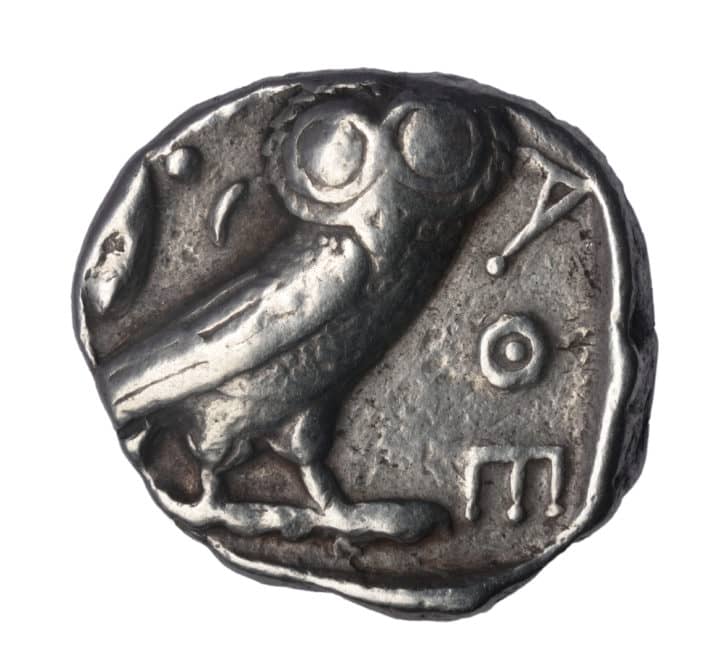 Ancient Greece is one of the most notorious ancient civilizations. The Greeks displayed advanced knowledge of the world, and their culture was highly developed. To achieve these things, a strong economy was a necessity. Imported goods were one of the key components of the economy, especially agricultural imports due to Greece’s low quality soil. While the ancient economy was strong, the economy’s strength was determined by different standards than what are used to define modern economies.
Ancient Greece is one of the most notorious ancient civilizations. The Greeks displayed advanced knowledge of the world, and their culture was highly developed. To achieve these things, a strong economy was a necessity. Imported goods were one of the key components of the economy, especially agricultural imports due to Greece’s low quality soil. While the ancient economy was strong, the economy’s strength was determined by different standards than what are used to define modern economies.
Taxation and the Agora
There was not much direct taxation in Ancient Greece. The eisphorá tax was a tax on the wealth of the rich, but it was only collected when needed. Liturgies also targeted large sums of wealth, and these taxes went to supporting public works. Indirect taxation was very well developed though not in all cities. Houses, slaves, flocks, and herds were all subject to taxation.
In Ancient Greece, shop centers were referred to as agoras, which means “assembly,” or “gathering place.” Merchants would bring products from across the world to bargain with at agoras. Agoras were more than just shop centers because they also served as the athletic, political, spiritual, and artistic centers of a city. In early Greek history, free-born citizens would gather in agoras for military duty and to hear rulings of kings or councils.
Agriculture
Ancient Greece’s soil was not good enough to develop many crops. Olive trees, grape vines, and other oil-producing plants were able to be grown, but the Greeks relied upon colonialism to ensure a steady supply of other plants and livestock. Sheep and goats were the commonly raised animals in Ancient Greece, and bees were raised to get honey, the only source of sugar for the Greeks.
Most Greeks were employed in agriculture in some fashion or another because it required a lot of work. The work followed the flowing of the seasons, creating a methodical lifestyle. Additionally, most land was owned by aristocrats, which created a lot of tension between the peasants and land owners. The tensions were worsened by expansions and distribution of inheritances in the seventh century.
Trade
Ancient Greece mainly exported wine, olives, metalwork, and pottery. Most commonly, grains and pork were imported from places such as Sicily and Egypt. In city-states, peasants and artisans often sold their own crafts, but there were merchants that were divided into guilds. The guilds would sell fish, olive oil, and vegetables, or women in guilds would sell perfumes and ribbons.
Merchants had to pay a fee for their place in an agora and were seen negatively by the general population. Citizens would avoid purchasing goods from merchants whenever possible. Peasants who sold surplus goods often were able to bring in a nice profit, and this was a widespread practice. Typically, women were the ones who sold the goods.
The Ancient Greek economy had a lot of diverse factors. Taxation, while important, functioned differently from the modern idea of taxation. Shopping and trading were also important pieces of the ancient economy. The agricultural portion of the economy is especially impressive due to the harsh land of Ancient Greece. Understanding this can help you understand Ancient Greece as a whole.
Source:

